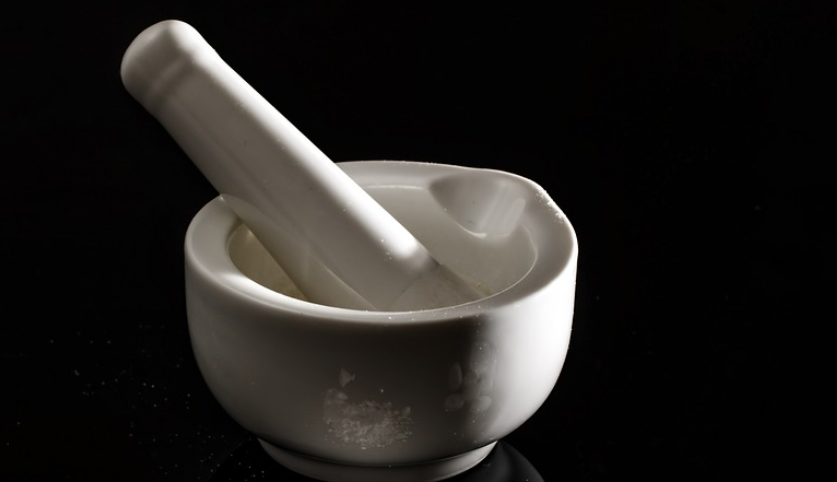Introduction
Alcohol consumption has been a part of human lifestyle for centuries. It is used for various purposes, from socializing to medicinal uses. However, there is a common misconception that alcohol kills bacteria in the stomach. In this article, we will explore whether or not there is any truth to this statement.
What is Alcohol?
Alcohol is a substance that is produced by the fermentation of sugars and yeast. It is a colorless, volatile liquid and is widely used in the production of beverages like beer, wine, and spirits. It is also used in various industries, including pharmaceuticals and cosmetics.
How Does Alcohol Affect the Body?
When alcohol is consumed, it is absorbed into the bloodstream through the stomach and small intestine. It then travels to the liver, where it is metabolized. The liver can only metabolize a certain amount of alcohol per hour, and any excess alcohol remains in the bloodstream, affecting the body in various ways.
Does Alcohol Kill Bacteria in the Stomach?
There is a common belief that alcohol kills bacteria in the stomach. While it is true that alcohol has antiseptic properties and can kill bacteria on surfaces, it does not have the same effect inside the body. In fact, alcohol consumption can actually increase the risk of bacterial infections in the digestive system.
How Does Alcohol Affect the Digestive System?
Alcohol can irritate the lining of the stomach and intestines, causing inflammation and damage. This can make it easier for bacteria to enter the body and cause infections. Additionally, alcohol can disrupt the balance of bacteria in the gut microbiome, which can lead to a range of health problems.
Can Alcohol Help with Digestive Issues?
While alcohol may have some benefits for the digestive system in moderation, such as stimulating the production of stomach acid and enzymes, excessive alcohol consumption can do more harm than good. It can lead to a range of digestive issues, including acid reflux, gastritis, and even stomach ulcers.
Conclusion
In conclusion, alcohol does not kill bacteria in the stomach, and excessive consumption can actually increase the risk of bacterial infections in the digestive system. While moderate alcohol consumption may have some benefits for the digestive system, excessive consumption can cause a range of health problems.
Tips for Drinking Alcohol Responsibly
1. Drink in moderation
Men should not have more than two drinks per day, and women should not have more than one drink per day.
2. Stay hydrated
Drink plenty of water before, during, and after drinking alcohol to prevent dehydration.
3. Eat before drinking
Eating a meal before drinking can help slow the absorption of alcohol into the bloodstream.
4. Don’t drink and drive
Never drive while under the influence of alcohol. Plan ahead and arrange for a designated driver or alternative transportation.

